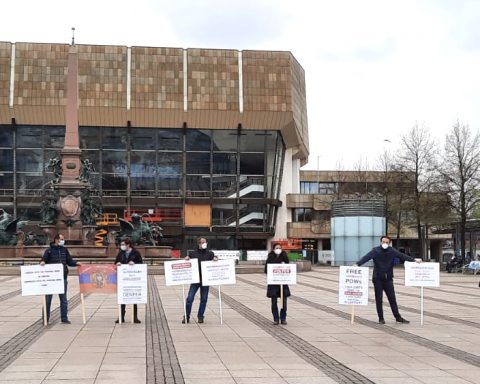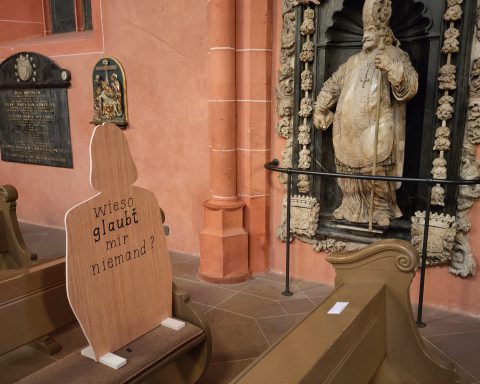We live in an increasingly interconnected global society, with all its up- and downsides. Current events that appear to be marking the beginning of its decline strike us rather oddly.
What happened late last month in the United Kingdom was a sobering attack against the liberal mindset of most young people all across Europe and, in fact, the whole world.
Of course, political and economic relations don’t necessarily have to be set in a cross-border union. However, the outcome of the Brexit vote also reflects a national conservative trend and, in its extreme form, a right-wing vogue. And, to be honest, has the concept of nation not done enough harm in past centuries? Hailing the nation seems inappropriate for 21st century politicians of countries that should certainly know better.
Some while ago I came across a YouTube video that analyses Donald Trump’s rhetorical devices for the way in which they contribute to his success. One of the central findings was that he consciously uses key words ranging among “problem”, “death” and “hatred”, strongly supporting his ideas of exclusion, separation and stigmatisation.

After the Brexit vote, populism critics have turned on Nigel Farage, the leader of UKIP and strong supporter of the “Leave” side of the argument.
He appears to have brought forth his argument with a restricted and outdated conception of nation, combined with rhetoric implying unity. (Farage recently announced he would step down.)
Much like Martin Luther King, Jr. in his “I Have a Dream” speech – though for a different cause, of course – Nigel Farage also has one at the ready. It is that of “the dawn [that] is breaking on an independent United Kingdom”.
The bit about having fought “against lies, corruption, and deceit”, and for “honesty, decency, and belief in nation” clearly sorts out who is the exemplary moralist and democrat. The UKIP leader also uses very strong key phrases which are then summed up as achievements of the “we” that stands in for the same objective. Consequently, the use of the first person plural pronoun unites one group of people against the big common opponent: UK against EU. In this way, he is doing a proper job in polarising the people he is addressing. To my mind, unfortunately based on the national realm.
“Let June 23rd go down in our history as our Independence Day.” – Nigel Farage, 23 June 2016
Given the humble impression that the UK might not be a nation but rather federatively organised, seeking independence for the United Kingdom is a debatable thought.
As John Oliver puts it: “Britain was already independent; in fact, it’s what many other countries celebrate their independence from”. The idea of nation-states sets up imaginary and, partly, also arbitrary boundaries all across the world. The consequences of European ventures overseas, exploiting and wiping out many indigenous peoples, can more than clearly be felt today. Knowing that views of one particular nation as exclusive have done tremendous damage in our world, it seems absolutely incomprehensible how one can advertise a political goal with the conviction of faring in the name of a nation. This applies to both Trump and Farage.
The social, economic and demographic consequences in the UK and Europe will probably eclipse nationalistic aspirations quite rapidly, once realised by the voters. All in all, the picture that the small Union Jack UKIP politicians have set up on their desks in parliament was suddenly tainted, when Farage first spoke after the Brexit vote. He delivered humiliating comments on other parliamentarians, for which he has also been cut off and booed.
Thinking about how successful populist campaigners have recently been all across Europe, the supposed democratic union gets a sour taste in its mouth. After all, exiting a union into an exceptional position may turn out to be a bad idea, and will certainly not stagnate or reverse the developments of an increasingly global society.
By Jan Heidtmann
Jan Heidtmann lives and studies in Leipzig. His area is British Studies with a focus on cross-cultural competence. Passionate about cycling, he loves to explore the outskirts of the city. When he is not riding his bike, he indulges in music or nature, or prepares for his next travels. He is also interested in learning new languages from time to time, or in taking a sceptical look at our society.










